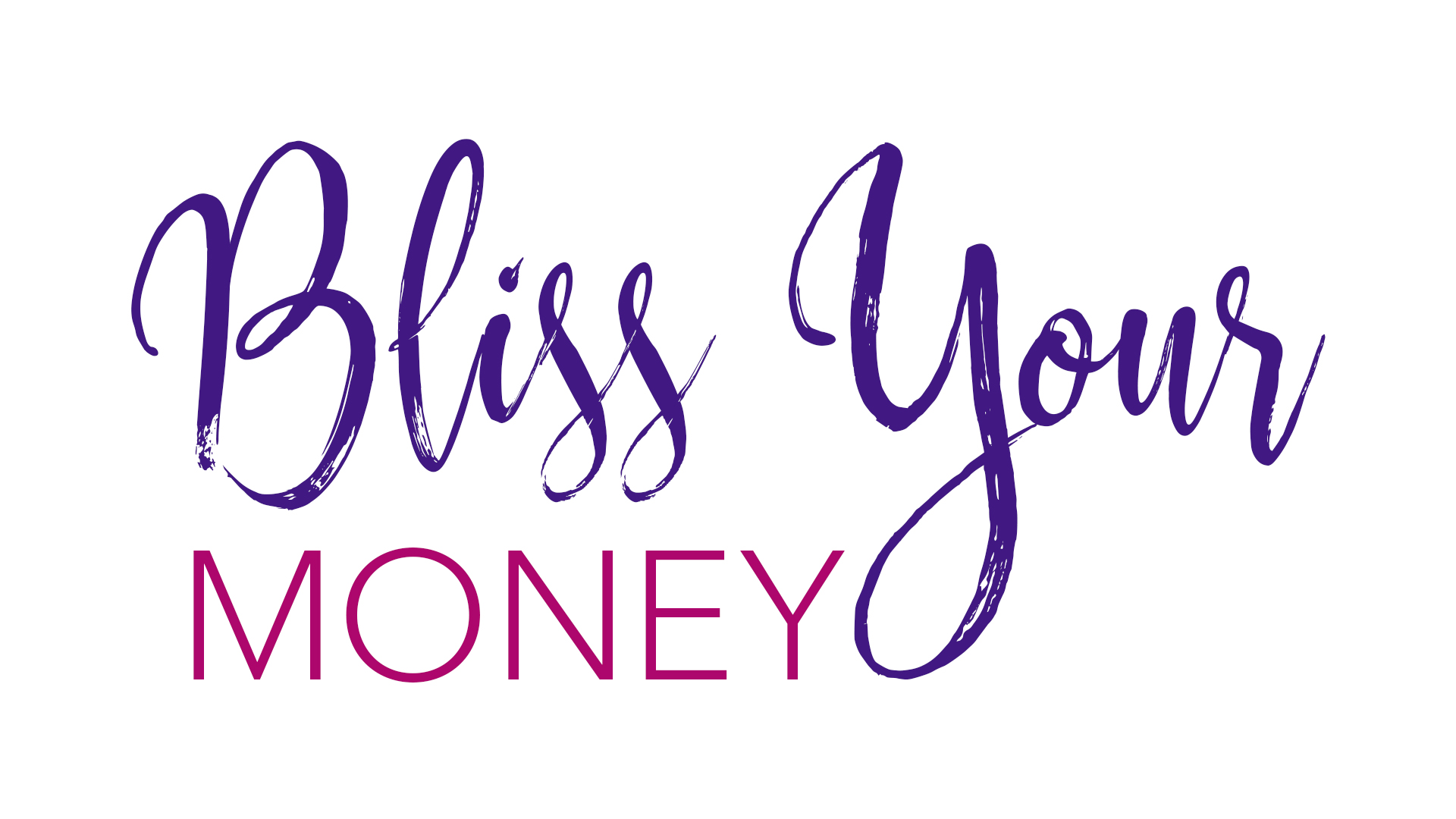There’s a lot of concern and information about identity theft out there. So how do you protect yourself?
The following useful article comes from one of the professional orgnizations that I belong to the American Institute of Professional Bookkeepers. Here’s a great way to support your employees and protect yourself and your information!
Tell employees that if they use their lunch hour to open e-mails with personal bills or online bank or brokerage statements, then step away to get a cup of coffee, their personal information can be seen by anyone passing their PC. Thieves also can obtain SSNs or account numbers from credit card, bank or other statements, bills and correspondence by sifting business or residential trash.
For you and your employees
- Shred or tear into three and throw in three different trash containers documents that show your SSNs, bank, credit-card, or other personal data.
- Beware of “junk” credit-card offers. Completing the application will give the sender sufficient personal information to steal from you.
- Shred or tear up (don’t just throw out) cash advance convenience checks that are not from your established credit cards and that you don’t want. Whoever finds these checks can use them to steal from your account and, if you have a high credit limit, you can suffer real damage.
- Check your bank and credit card account activity as soon as you receive your monthly statements. If you bank online, check activity and balances frequently, to spot suspicious transactions early.
- Do not respond to e-mails that ask you to “verify” account information, passwords or your SSN. Instead, call your financial institution to see if they need information on your account.
- Beware of anyone “taking a survey” who asks for personal financial information, such as your SSN, or who poses as the employee of a firm you do business with, and anyone who announces that you have won a contest (“if we can just verify your SSN, I can send you the check”).
- Avoid using public wireless Internet for banking or other communications that include personal data.
For your company or client
- Provide drawers or cabinets where employees can lock up their purses and other valuables.
- Advise employees not to leave personal bills or statements on their desks. Warn employees that even if they trust co-workers, salespeople, repairpeople and other visitors may see the information.
- Make sure that payroll records and HR payroll systems are in a secured area where only authorized employees can see PC screens and personal documents laying on desks.

0 Comments